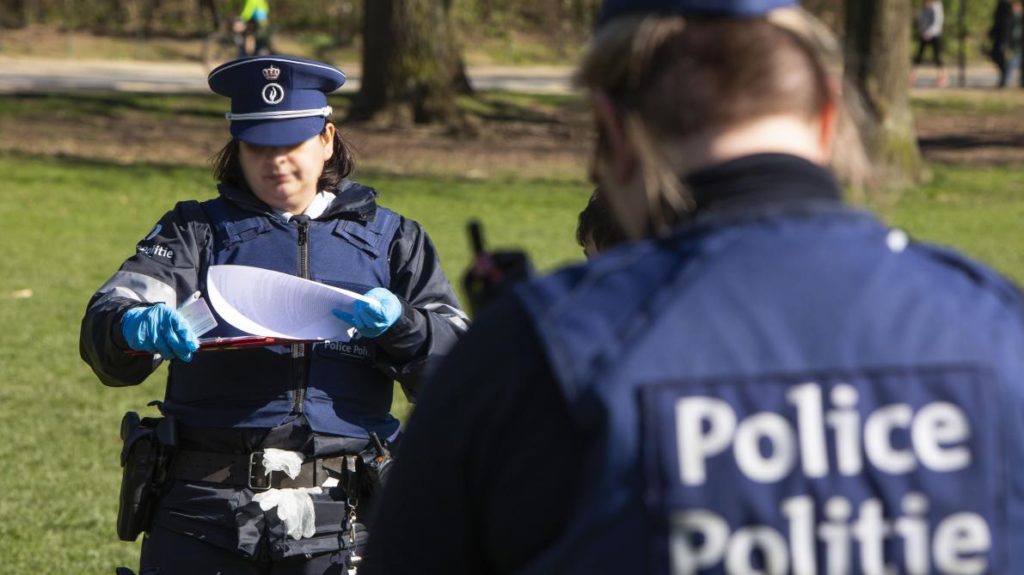As the country faced another two weeks of strict restrictions decided yesterday by the National Security Council, many were anticipating the possibility of a second extension from April 19 to May 3.
The option was kept open by the Council in the event that the incidence of coronavirus in the country had not reached a peak, necessitating a further two weeks of restrictions: self-isolation unless for essential reasons; working from home where at all possible; closure of non-essential retail businesses and so on.
The Belgian hospitality industry was the first to be hit, with all bars and restaurants forced to close on Friday 13 March at midnight – although restaurants were allowed to operate a take-away service.
Horeca Vlaanderen, the industry federation in Flanders, has calculated the damage another two weeks of lockdown will have on the country as a whole at €1.7 billion in lost income. That, the organisation said, is eight times more than that in 2016, the year of the terrorist attacks in Brussels.
The federation accepts that health concerns are of primary importance. At the same time, it has issued a call for the owners of premises rented by horeca businesses to consider suspending or writing off rents for the period of closure.
The Brussels regional government, faced with a growing number of incidents of people ignoring the rules of the lockdown, is reported to be examining a way of issuing fines for recalcitrant members of the public, and introducing a system where police can receive immediate payment.
The 19 communes of the capital will be brought into line on the decision to issue fines, as well as the tariffs. The region will also produce a map of Brussels’ green spaces showing the extent to which they are accessible to the public, to be published on the website of Bruxelles Environnement/Leefmilieu Brussel.
Meanwhile the Brussels-City commune is to suspend commercial rents on properties it owns itself to support businesses forced to close. It will also suspend city taxes on commercial properties.
Car-share company Poppy is offering free use of its vehicles to health-care workers in Brussels and Antwerp, where the system operates. Because of the restrictions on movement, many of the company’s cars are standing unused. Small business operating a delivery service during lockdown will be offered special terms for the use of Poppy cars.
As to whether the deadline is likely to be extended after April 19, experts seem to agree it is.
“It seems to me very probable that we will have to extend the deadline,” said Simon Dellcour, an epidemiologist at the Rega Institute at Leuven university. “It seems clear to me that we are not going to lift all measures and go back to a normal life in just three weeks.”
Marc Van Ranst, chief virologist at the reference lab in Leuven, agrees. Asked whether it might not have been better to announce a full month of extension right away, he told VTM, “That might have made things more clear. And politicians seems to be assuming that will be the case. But I understand why they want to be able to evaluate the situation in the interim. In two weeks we’ll know a lot more about the way the epidemic is evolving.”
Alan Hope
The Brussels Times

